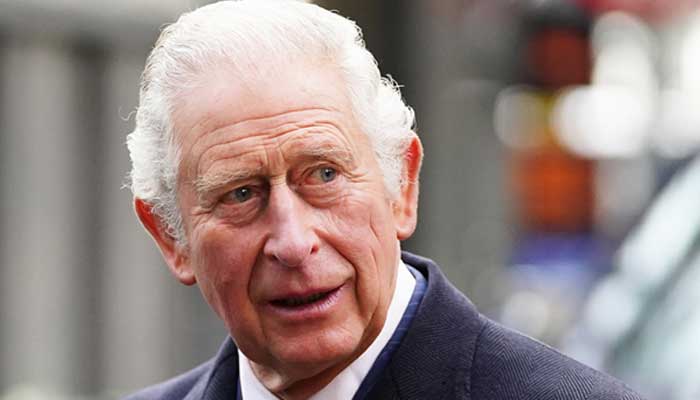King Charles III, who was diagnosed with unspecified form of cancer in February, is still receiving the treatment.
A royal insider has revealed the ‘real reason’ why the 76-year-old King did not disclose the type of his cancer.
Buckingham Palace left royal fans in tears by announcing that Charles had been diagnosed with cancer earlier this year, sating: “During The King’s recent hospital procedure for benign prostate enlargement, a separate issue of concern was noted. Subsequent diagnostic tests have identified a form of cancer.”
However, in April, the palace released another statement to share update on the monarch’s health, announcing: “His Majesty’s medical team are very encouraged by the progress made so far and remain positive about the King’s continued recovery.”
The King’s office still kept the fans in dark by not revealing the form of cancer. Even an insider has recently revealed the treatment is ‘moving in a positive direction, and it will continue into next year.
A senior palace aide discussed some hidden things with the Times: “I think if there were two words that summed up this extraordinary year, it would be ‘resilience’ and ‘dynamism’.”
The outlet states: “The King’s decision not to reveal the type of cancer was a conscious choice to be able to reach out to the widest number of people who are experiencing the disease, rather than narrow the focus onto a particular form of cancer.”
The monarch was determined to remain visible throughout even “a plan was put in place to use the state Bentley so he could be seen more easily. He really wanted to reassure people that he was OK. The King made it clear that he felt his condition was nothing to be shied away from.”
However, what did remain private was the type of cancer he has, or the details of his treatment.
“The King hasn’t lost his hair, but it is thinner and whiter. On visits to cancer centres, Charles has shown a keen interest in patients using cold caps – silicone caps that circulate cool liquid or gel, lowering the temperature of the head and reducing blood flow to the scalp to reduce hair loss during chemotherapy,” they added.

